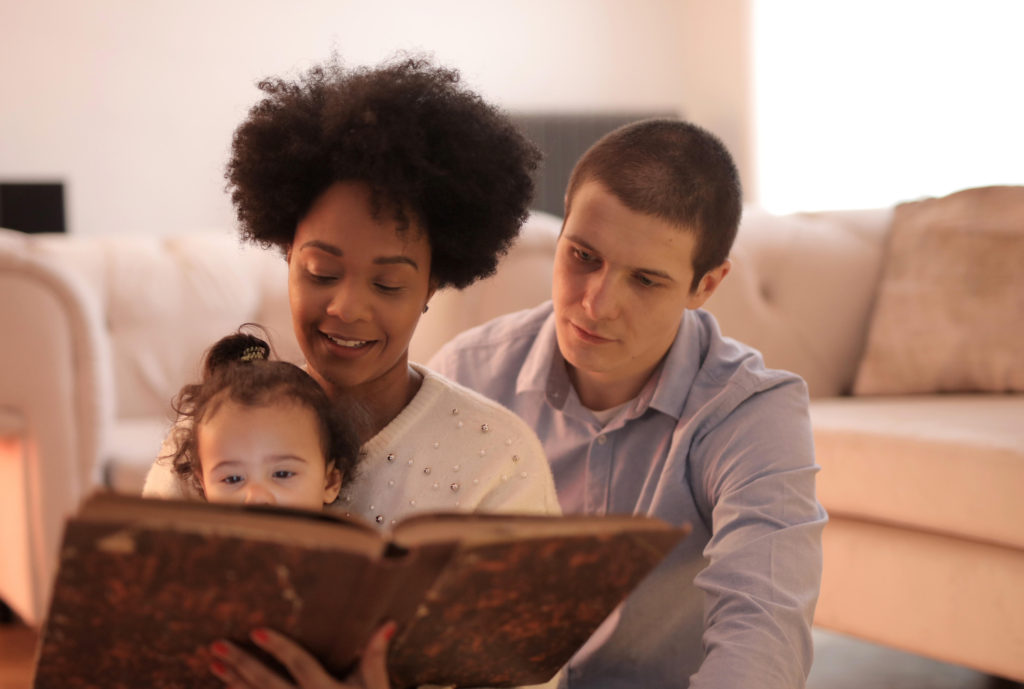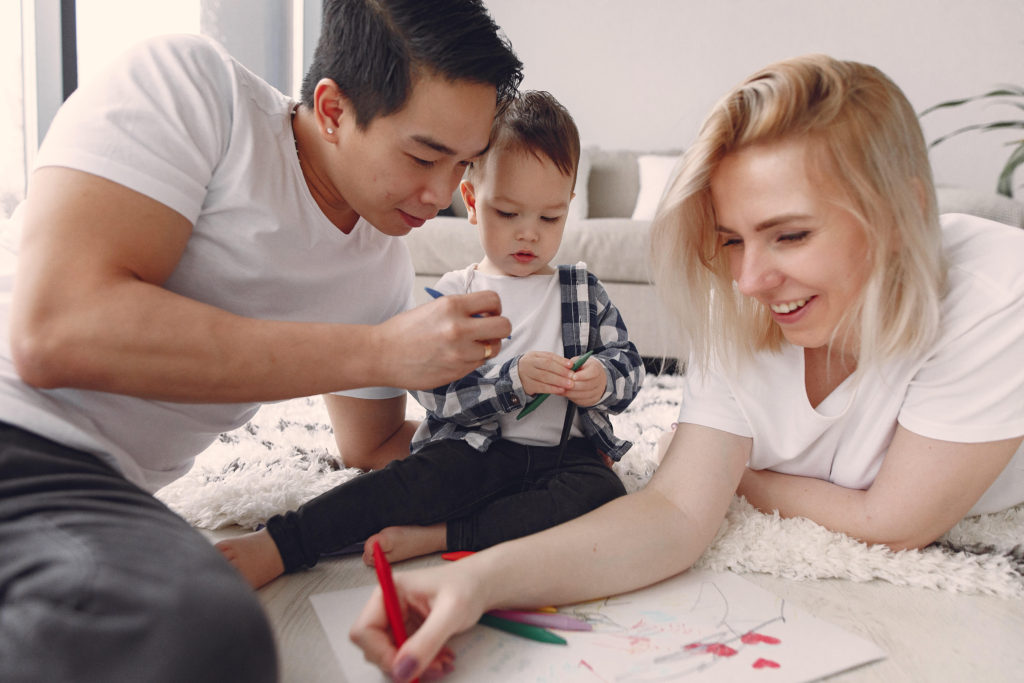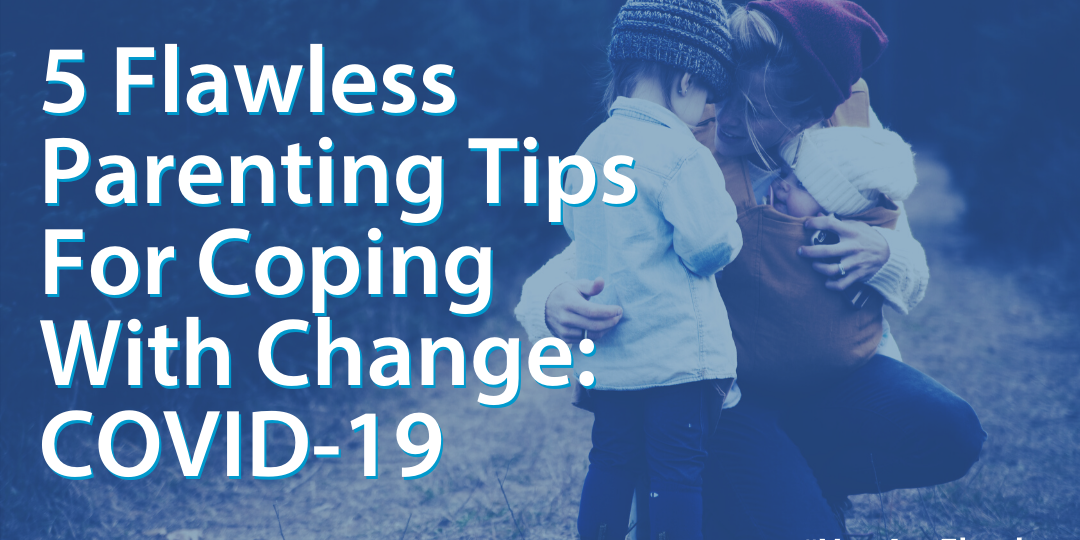In the midst of sudden changes and a national effort to practice social distancing, there has been a lot that we have to learn to adjust to in the near and distant future. One of those things that we can’t overlook is how to be a parent during a time where children are not physically going to school, are discouraged from meeting with their friends in person, and have instant access to the ever-changing daily stream of information that may induce anxiety.
In response to the current coronavirus pandemic, Dr. Elliot Kaminetzky organized a panel discussion focused on Resilience, Coping, and Parenting Strategies for Everyone. Featured on this panel was Anne Marie Albano Ph.D., who is a Professor of Medical Psychology in Psychiatry and Founder of the Columbia University Clinic for Anxiety in New York, Jonathan Kaplan, Ph.D. who is the Founding Director of the SoHo CBT + Mindfulness Center and author of Urban Mindfulness: Cultivating Peace, Presence, and Purpose In the Middle of It All, Dean McKay Ph.D. ABPP, Professor of Psychology at Fordham University, and Rebecca Sachs, Ph.D. ABPP, who is a clinical psychologist specializing in the Autism spectrum, OCD and severe anxiety. Check out their response to common concerns from parents!

Coping With Uncertainty & Anxiety
Living in the digital age certainly has its perks, but we also know it has its negative side as well. Having constant access to information can be harmful and stress-inducing, “Be careful with who you listen to and how you’ll use this information in your life” says Dean McKay. It is recommended that you identify two or three solid and reliable sources for your information and limit it to just that. Anne Marie Albano suggested the World Health Organization or Center for Disease Control. It may also help to reach out to your family physician so that you are well informed on what exactly the coronavirus is and what you should do if you feel yourself or children coming down with symptoms. Also, stay in tune with what your local leaders are saying as far as restrictions in your community.
Explaining the Circumstances to Your Children
Anne Marie Albano says before you can take care of your children you have to take care of yourself, “The first thing a parent has to do is stop, take a deep breath, check your own anxiety & get in a mindful state.” You don’t want to catastrophize the events, but you do want to validate their concerns. Listen to them, voice what worries them, and answer that specifically. For those who may face lost income inform your kids that there’s a temporary situation right now so there will be a need to conserve. Reassure them that it will end, but you’re not sure when. So, for now, we have to come together and talk about what we can give up. As parents, now is the time to be great role models and practice self-care that they can see and participate in with you.
Finding Purpose As Everything is Shifting
Jonathan Kaplan suggests that now is a great time to focus on our values. He defines values as “principles that act as a guide for how we’re leading our lives & act as prompts for action.” Anxiety, fear, and worry are not values but instead are reactions. Values are things that matter to us such as kindness, love, and forgiveness. Values to try during the age of coronavirus are compassion, gratitude, interconnectedness, creativity, and social justice. An activity that can be done together as a family is drawing a “coat of arms” that shows what you stand for. If things are really lacking a sense of purpose, Anne Marie Albano kids suggest that kids make art that they can send to those who they’re concerned about the most. This both gives purpose and helps manage anxiety.

Remaining Active
Mood and energy levels are all connected. The less active we are the more our mood drops so as we anticipate a decreased opportunity to be active we have to understand how that could affect our mental health. It is imperative to make it a priority. Humans are creatures of habits and we are less stressed when we have a routine so scheduling it into your day could be very helpful, whether that activity is exercising, going for a simple walk, or just sitting outside. Involving your children in this will help as they may get antsy being stuck inside all day. And it does not have to simply be physical activity. There are also self-soothing activities that help you relax and also success activities where you knock things off of your to-do list that makes you feel more productive. Success activities are a great way to teach children to be more independent and to help work on some life skills that they may not have developed yet. Speaking to the benefit of including children or returned college students in on these activities, Rebecca Sachs mentioned how some students can have straight A’s but don’t know how to make soup, do laundry or wake up to an alarm clock.
Helping Depressed Teens
The unfortunate reality for many teenagers is they may be missing out on a lot of end of the year festivities – especially those graduating seniors. They abruptly had to say “see you later” to their friends and now realize it may have actually been “goodbye.” Teens need to be social, it helps them regulate. So allow them to really embrace their need to be connected to their friends. It is important for them to get creative with this in the age of social isolation. One idea is to video chat with friends while doing an activity together like watching Netflix. For really difficult emotions there is RAIN meditation (Recognize, Allow, Investigate with Kindness Nurture. Meditation for difficult emotions). But at the end of the day, reassure them that nothing is permanent as hope and optimism are some of the strongest antidotes to depression.








1 Comment